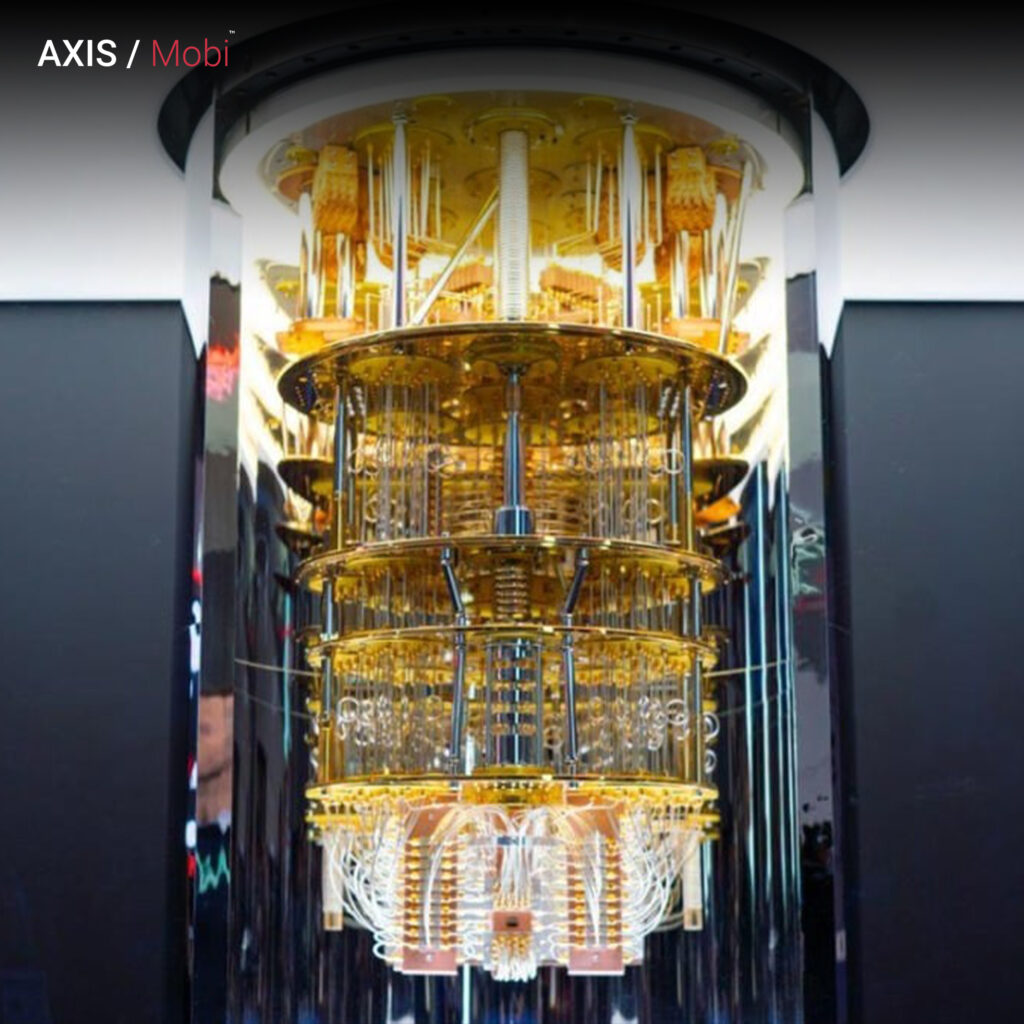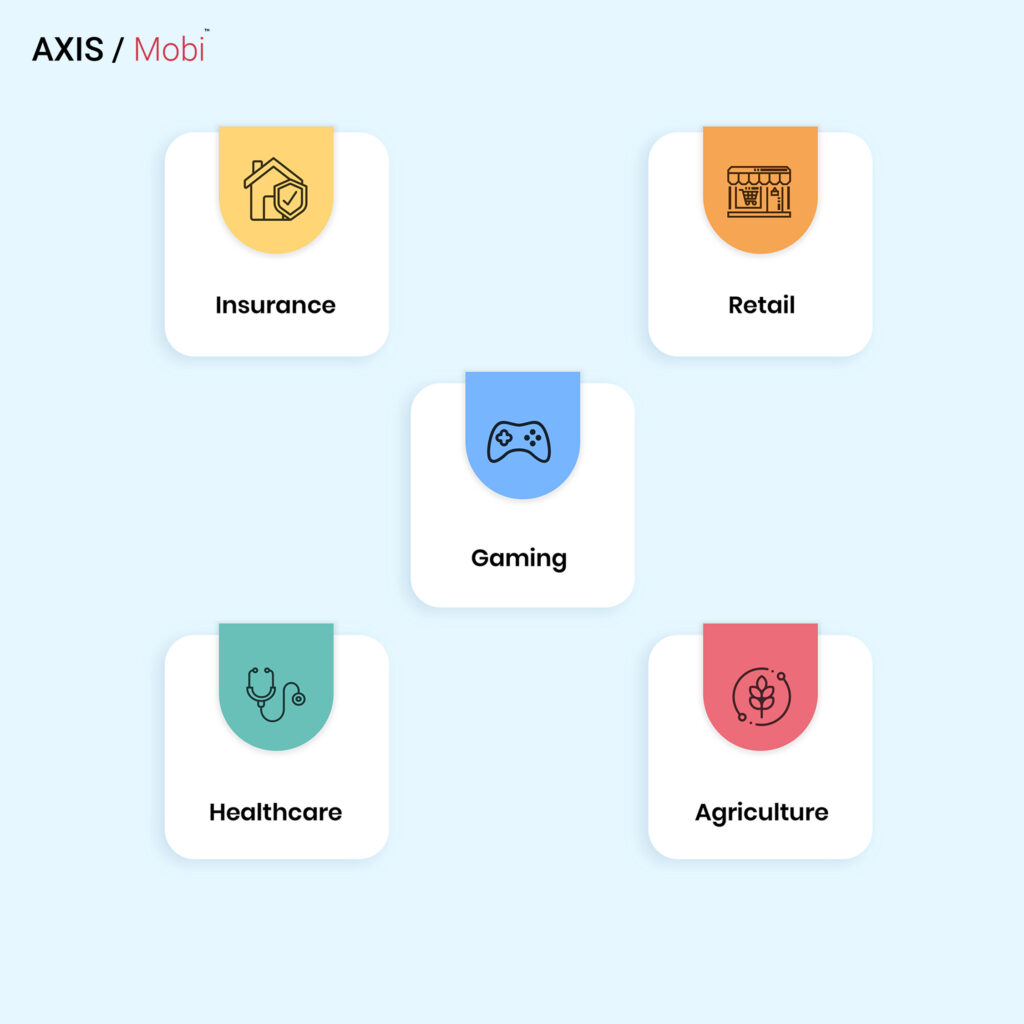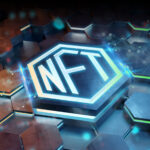Although we live in the technological era, there is much to come. Large companies have taken minor – but significant steps – in quantum computing in the last couple of years, which is predicted to completely alter the way we live today. The potential uses listed below will influence everything from locomotion to healthcare. Quantum computers would be like the ‘Albert Einstein of computing’ in a binary world of one’s and zero’s, with exceptional electronic minds capable of completing tasks that would be extremely difficult for conventional computers to do.
With the Q system one, a 3*3 meter glass cube with 20 cubits unveiled in 2019, the multinational IBM will be the first to commercialize this fantastic technology and make it accessible to businesses and researchers.
WHAT IS QUANTUM COMPUTING?
This subfield of computer science employs a distinct computation technique from the norm and is based on the concepts of quantum entanglement and matter superposition. Theoretically, it could function with far more effective numerical algorithms.
Such as Shor’s or quantum annealing stores a great deal more ‘states per unit of information.
To get around the limitations of traditional computing, this new generation of supercomputers uses knowledge of quantum mechanics -the branch of physics that analyses atomic and sub-atomic particles. The tunnel effect, which now restricts programming at the nanometric scale, is eliminated by quantum computing, making it feasible to do numerous simultaneous operations. However, in practice, quantum computing confronts challenges with scalability and incoherence.

WHAT IS A QUBIT?
Instead of the traditional bit, the qubit serves as the fundamental unit of information in quantum computing. This alternative system’s key feature is that it allows for the coherent superposition of ones and zeros, the binary numbers that form the basis of all computation. Bits, however, are limited to having either a value of one or zero at once.
A qubit can be both zero and one simultaneously and in varying ratios, thanks to this feature of quantum technology. A quantum computer with just 30 qubits, for instance, could do 10 billion floating-point operations per second—roughly 5.8 billion more than the most powerful PlayStation video game console now available—thanks to the diversity of states.
DIFFERENCE BETWEEN QUANTUM AND TRADITIONAL COMPUTING:
The use of qubits as opposed to bits is one of many distinctions between the parallel worlds of quantum and conventional computing. Let’s examine the two most important ones:
1.) PROGRAMMING LANGUAGE-
Since quantum computing doesn’t have a programming language, it necessitates creating and applying highly specialized algorithms. However, traditional computing has standardized several languages, including Python, Java, and SQL, to mention a few.
2.) FUNCTIONALITY-
Unlike personal computers, quantum computers are not meant for general, everyday use (PC). Due to their complexity, these supercomputers can only be utilized in the business, scientific, and technological sectors.
OPERATING CONDITIONS OF A QUANTUM COMPUTER:
Due to their great sensitivity, these computers require specific insulation, pressure, and temperature settings to function correctly. Because measurement mistakes and state overlaps are created when these devices are in contact with outside particles, they must be kept sealed and controlled by conventional computers.
To keep the atoms from moving, crashing into one another, or interacting with the environment, quantum computers require shielding from the earth’s magnetic field, nearly no atmospheric pressure, and temperatures close to absolute zero (-273°C). Additionally, because these devices are only operational for brief periods, the data is corrupted and cannot be saved, making data recovery much more challenging.

MAIN USES OF QUANTUM COMPUTING:
1.) FINANCE
Businesses would further refine their fraud detection and simulation systems, as well as their investment portfolio optimization.
2.) HEALTHCARE
Creating novel medications and therapies that are genetically tailored, together with DNA research, would be advantageous to this industry.
3.) MOBILITY AND TRANSPORT
Quantum computing is used by businesses like Airbus to create more effective aeroplane designs. Qubits will also significantly advance route optimization and traffic planning technologies.





Pingback: REVOLUTION OF TECHNOLOGY DUE TO QUANTUM COMPUTI...